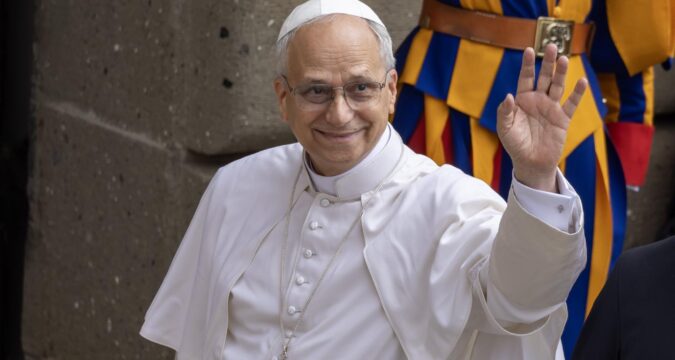
Father Joseba Kamiruaga Mieza, CMF
If only it were “just” another war. Because even in war, the international community has drawn moral boundaries—guidelines meant to protect the innocent, to preserve a minimum of human dignity. But we now seem to be witnessing something even more devastating: not merely the destruction of buildings or territory, but the erosion of what it means to be human.
The suffering that plays out in certain corners of our world today defies comprehension. Entire populations are being displaced, homes obliterated, and civilians—especially children—left to bear the weight of decisions they never made. And beneath it all lies a deeper, quieter tragedy: the loss of compassion.
We hear phrases that strip human beings of their dignity—language that dehumanises, excludes, and divides. Places that once held promise and life are being reduced to zones of despair, where the so-called “solutions” involve isolation, confinement, and control. Cities are razed, families fragmented, futures stolen. And yet, the global response is muted, measured more by strategic interests than by moral urgency.
There are some who speak of “peace”—but peace has, in some cases, become a euphemism for containment. Humanitarian corridors are discussed even as they are closed. Reconstruction is mentioned even while the foundations of society are being shattered. In all of this, the word “peace” risks losing its meaning, reduced to rhetoric in the face of ruin.
This is no longer a matter of one people or another. It is no longer just about political borders, religious differences, or alliances of power. What we are confronting is the collapse of our shared human responsibility. For this is no longer about the Palestinians, the Israelis, the Russians or the Ukrainians, Iran or the United States of America. We are witnessing the loss of the last shred of human dignity, the threshold beyond which human beings are no longer human.
It may not be the secretary-general of the United Nations, whose voice is often caught in the machinery of diplomacy. It may not be the heads of state, who too often speak with the constraints of self-interest. Perhaps, it must be someone else—someone who carries a different kind of authority, rooted in conscience and compassion
This is the ultimate test facing the glorious West, the so-called autocracies, the Arab countries, the Europe of civilisation, of freedoms, and of progress… which is arming itself to the teeth. A threshold has been crossed—the point at which suffering is no longer seen, where empathy no longer moves us, where life is no longer sacred unless it serves a purpose.
This is the hour in which the world most needs a witness—someone who will not come in the name of a government or ideology, but in the name of humanity itself. One who dares to stand where suffering is greatest, not to judge or to take sides, but to remind us all that every human being is a brother or sister.
It may not be the secretary-general of the United Nations, whose voice is often caught in the machinery of diplomacy. It may not be the heads of state, who too often speak with the constraints of self-interest. Perhaps, it must be someone else—someone who carries a different kind of authority, rooted in conscience and compassion.
Could it be the pope?
Not as a political figure, but as a shepherd of souls. Not representing one religion only, but embodying a global moral voice that speaks for the voiceless. The world looks on with expectation—and perhaps with hope. Could Pope Leo XIV, like his predecessor, Pope Francis, at Lampedusa or Lesbos, step into the epicentre of suffering? Could he be the presence of Christ where despair has darkened all horizons?
He would not go for himself, nor merely for the Catholic faithful. He would go for all who have been forgotten, forsaken, and denied their dignity. He would go, simply, for humanity. This could be his Fratelli Tutti, lived anew. It could be his Rerum Novarum, not only as an encyclical but as a gesture. It could be the Church’s voice at the threshold of the inhuman, crying out: Enough!
And perhaps, just perhaps, the world might listen.



